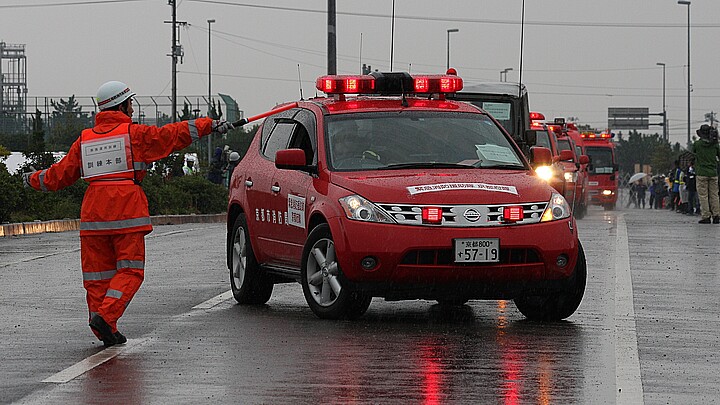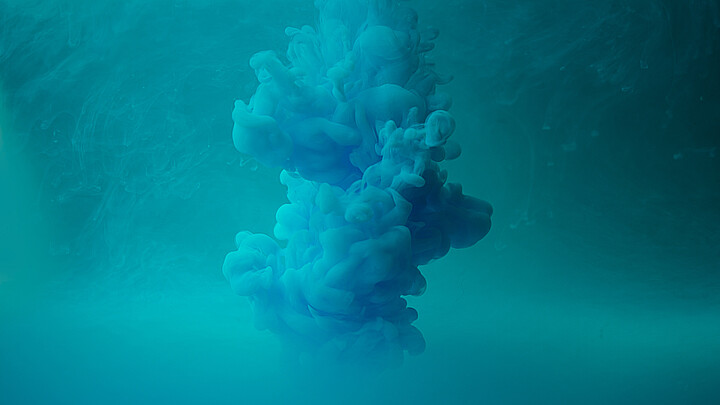Climate
Japan aims to restart nine nuclear reactors by winter
As Russia’s invasion of Ukraine roils global energy markets, Japan wants to have as many as nine nuclear reactors back online to help fend off an expected power shortage this upcoming winter
July 16, 2022 5:21am
Updated: July 16, 2022 9:17am
As Russia’s invasion of Ukraine roils global energy markets, Japan wants to have as many as nine nuclear reactors back online to help fend off an expected power shortage this upcoming winter.
“There are concerns about a power shortage this winter,” Japanese Prime Minister Kishida said Thursday at a news conference, reports Bloomberg.
“We must prevent this situation.”
Kishida has been a steadfast champion of nuclear power and nuclear weapons non-proliferation. His family was from Hiroshima, so he grew up hearing stories from atomic bomb survivors.
Many of the country’s 33 operable nuclear reactors remain offline following the Fukushima nuclear disaster in March 2011, when the most powerful earthquake ever recorded in Japan and the massive tsunami it triggered damaged the Fukushima Daiichi Nuclear Power Plant, releasing radiation into the atmosphere and the Pacific Ocean.
By March 2012, all but two nuclear power plants had been shut down. They had been providing 30 percent of Japan's electricity, forcing them to make up the lost power with fossil fuels.
This increased dependence on oil and gas exposed it to the turmoil in the world’s energy market caused by Russia’s war in Ukraine. Japan announced in June that it would continue investing in Russia’s natural gas projects and importing its energy products, deeming them “essential energy sources.”
In 2019, a study by the National Bureau of Economic Research found that shutting down the reactors after the Fukushima incident had done more harm than good. The cheap nuclear power had to be replaced with more expensive fossil fuels, which increased the price of electricity. The higher price led consumers to use less, which caused higher than usual deaths during the very cold winter – more casualties than in the disaster itself.
Bloomberg notes that Japan’s central government has little power over reopening a nuclear plant, as a rigorous regulatory process was implemented after the Fukushima disaster.
10 of the country’s 33 remaining nuclear reactors have been restarted under the new safety rules. Seven more have been cleared to resume operations but have not yet restarted because they need upgrades or are facing opposition from locals.








